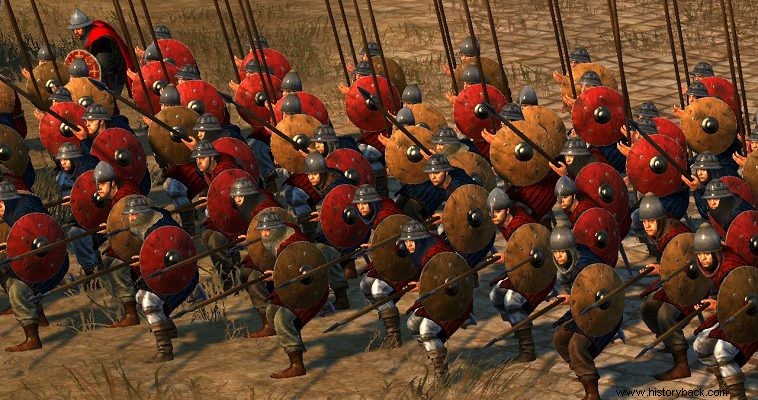
The battle at the castle of Agios Georgios in Skorta, Arcadia, on September 9, 1320, is one of the little-known, but particularly interesting conflicts between Byzantines and Latins for control of the Peloponnese.
After the battle of Pelagonia in 1261, the Byzantine Empire acquired a bridgehead in the Peloponnese occupied by the French and Italians, which gradually expanded. The Latin Principality of Achaia had also begun to weaken politically and militarily due to the Byzantine pressure as well as the conflicts between the various factions and lords.
In 1318 the Andean sovereigns of the principality appointed Frederico Trogisio as wailo (commander). On the other side, the Byzantine commander of Mystras was Andronikos Asan, nephew of the emperor Andronikos II Paleologus. Asan had moved actively against the Latins, constantly advancing the Byzantine positions by exploiting the weaknesses of the enemies.
In 1320 Asan led the Byzantine army into Arcadia and began to besiege the strong castle of Agios Georgios in Skorta . Trogsio immediately gathered his forces with a view to lifting the siege. He also asked for the assistance of the bishop of Olene and sections of the John and Teutonic knights who were stationed in the Peloponnese.
Assan, informed that a liberating force was approaching, intensified his efforts, and on September 9 the castle surrendered. At the same time, however, the Latin army appeared to be approaching. Asan entered the castle ordering that the flags of the principality flying in the castle should not be lowered . At the same time he prepared his men for attack.
Absolute surprise
The Latins approached carelessly without understanding anything. However, when they approached the castle, they were attacked by the Byzantines and literally disintegrated. Their army fled, caught off guard, pursued by the mercilessly killing Byzantines. At this stage, the head of the Teutonic knights was killed, while the great squire of the Principality, Bartholomeus Gizi, and the bishop of Oleni were captured.
Gizi was sent captive to Constantinople. As a result of the battle, the Byzantines also captured the castles of Karytaina, Akova and Polyfengos, securing the Arcadian plateau o, limiting the Latins to the northern and western Peloponnese. Another consequence of the battle was the conversion or return to Orthodoxy of many residents of the liberated areas.
